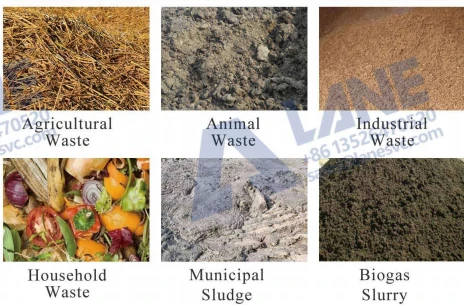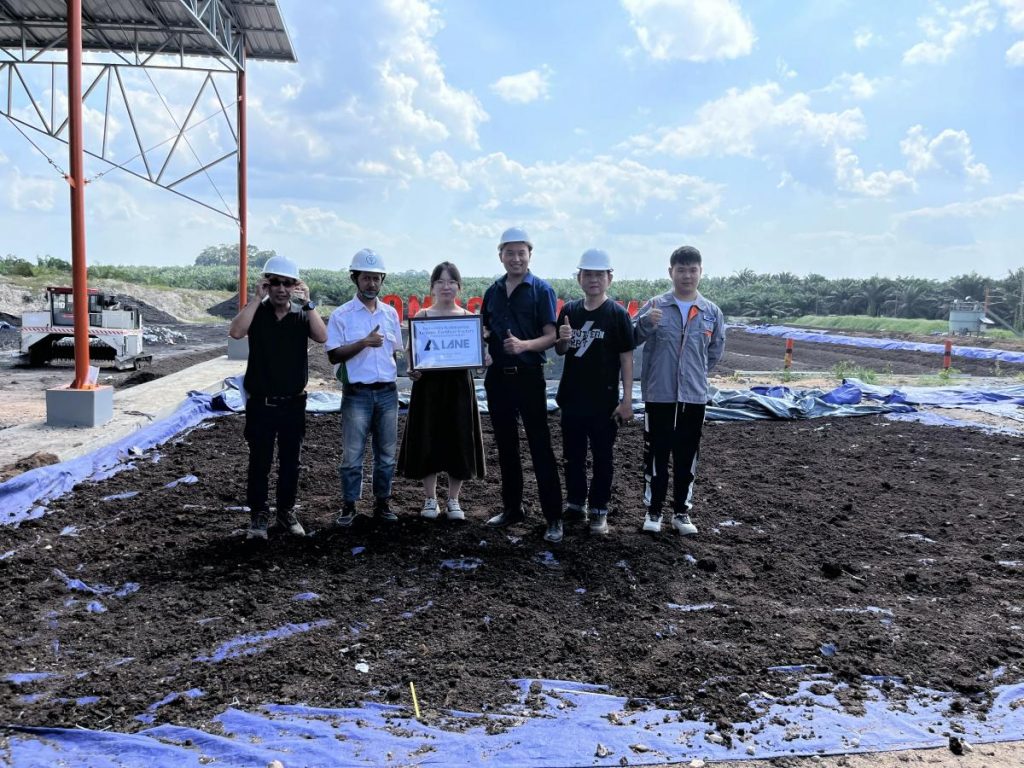Vegetable production heavily depends on the soil health whether in home gardens, small farms, or commercial greenhouses. Without healthy soil vegetables won’t grow properly. Healthy soil produces strong, flavorful, rich in color vegetables so organic fertilizers for vegetables are very important.
As more farmers are now betting awareness about this fact, organic fertilizers have become a preferred option due to their natural composition, balanced nutrient release, and long-term soil-building properties.
Synthetic fertilizers provide vegetables with quick short boost of nutrition, organic fertilizers improves soil’s physical, chemical, and biological structure, resulting in sustainable vegetable production.
This article explains the why organic fertilizer is important for vegetables, raw materials, advantages and practical considerations.

1.Suitable Raw Materials for Organic Vegetable Fertilizers
Organic fertilizers for vegetables are made from biodegradable materials that are easy to compost. For vegetables we use following organic materials.
Poultry manure has high nitrogen and accelerates composting. Cattle and goat manure can balanced NPK and organic matter.
Food & agricultural processing residues like Fruit processing wastes, vegetable trimmings, brewery spent grains. Also provide carbon and mineral for the fertilizers.
Other biomass like Seaweed, fish meal residues, shellfish shells are also great
Fish meal or fish amino fertilizer have high in nitrogen and micronutrients; boosts vegetative growth.
Microbial or Fermented Materials are also great source of nutrition for vegetables. Biofertilizers containing beneficial bacteria, Fermented plant extracts, Vermicompost enriched with earthworm castings are excellent for seedling nurseries and vegetable farmhouses. .
Mineral Based Natural Raw Materials like Rock phosphate can slow release phosphorus. Gypsum adds calcium and sulfur.
These raw materials contribute different nutrients and soil-enhancing properties, allowing farmers to choose the ideal mix based on the specific needs of their vegetable crops.

2.Types of Organic Fertilizers for Vegetables
Composted granuales
Composting requires an effective balance of carbon and nitrogen. Manure should be mixed with carbon rich nutritious source like straw, sawdust or leaves. This process required regular turning of the pile. LANE crawler compost turner helps with this process. It is equipped with water spray and can turn the pile effectively to maintain the oxygen level of the pile. When the compost is ready it will turn into durk , crumbly and will have an earthly smell. The bad smell will be fully gone. This finished granuals from this is a superior, well-balanced organic fertilizer.
Liquid Organic Fertilizers
Fish amino acid, seaweed extract, fermented plant juice, and compost tea provide quick nutrient absorption and are ideal for leafy vegetables. Liquid fertilizers has enhanced nutrient absorption and it is compatible with modern irrigation systems, making it highly useful. They can be applied through spraying, fertigation, drip irrigation, or direct soil injection. They deliver fast and immediate nutrient to the fertilizers. Because of its fast and reliable delivery it became popular among vegetable farming, greenhouse production, hydroponics, turf management, and large-scale plantation systems.
3.Why Use Organic Fertilizers for Vegetable Production
Improve Soil Structure and Long-Term Fertility
Organic fertilizer enhance soil organic matters, reinforce soil structure, making the soil loose, porous, and well-drained. It makes
Vegetables grown in soil with high organic matter are more resilient to drought, pests, and nutrient deficiencies.
Unlike synthetic fertilizers that release nutrients rapidly and may burn roots, organic fertilizers decompose slowly. This gives vegetables a continuous supply of nutrients, supporting steady growth and improved yield quality.
Enhanced Flavor and Nutritional Value
Studies consistently show that vegetables grown with organic fertilizers often contain:
Environmentally Friendly and Safe
Organic fertilizers pose minimal risk of:
They are especially beneficial for organic farms and home vegetable gardens where long-term soil health matters more than immediate yield spikes.
Reduced Dependence on Chemical Inputs
Organic fertilizers for vegetables work with natural soil systems. Over time, farmers require fewer inputs as soil biology improves, reducing long-term costs.
Improved Microbial Life
Organic materials stimulate beneficial soil microorganisms that help:
Healthy microbial populations are essential for vegetable crops like tomatoes, beans, and cucumbers.
4.Practical Considerations When Using Organic Fertilizers
Slower Initial Response
Organic fertilizers for vegetables take time to decompose. For fast-growing vegetables, combining compost with quick-acting options like fish amino acid or liquid seaweed provides better early nutrition.
Need for Proper Storage
Organic fertilizers for vegetables can attract insects or mold if stored improperly. They must be kept in dry, cool conditions.
Application Rates May Be Higher
Because organic fertilizers are less concentrated than synthetic ones, larger quantities are needed to meet full crop nutrient requirements—especially nitrogen for leafy vegetables.
5.Conclusion
Organic fertilizers for vegetables are a sustainable, effective, and soil-friendly solution for vegetable cultivation. They enrich soil organic matter, improve nutrient availability, and promote ecological balance while enhancing the taste and nutritional quality of vegetables.
With a variety of natural raw materials—compost, manure, seaweed, fish protein, vermicompost, rock minerals, and biofertilizers—growers can tailor nutrient management to match the specific needs of each vegetable crop. Although they work more slowly than chemical fertilizers, their long-term benefits far outweigh the initial limitations, making them ideal for both home gardeners and professional vegetable producers seeking healthier soil and higher-quality harvests.

For more details, please feel free to contact us.
Henan Lane Heavy Industry Machinery Technology Co., Ltd.
Email: sales@lanesvc.com
Contact number: +86 13526470520
Whatsapp: +86 13526470520